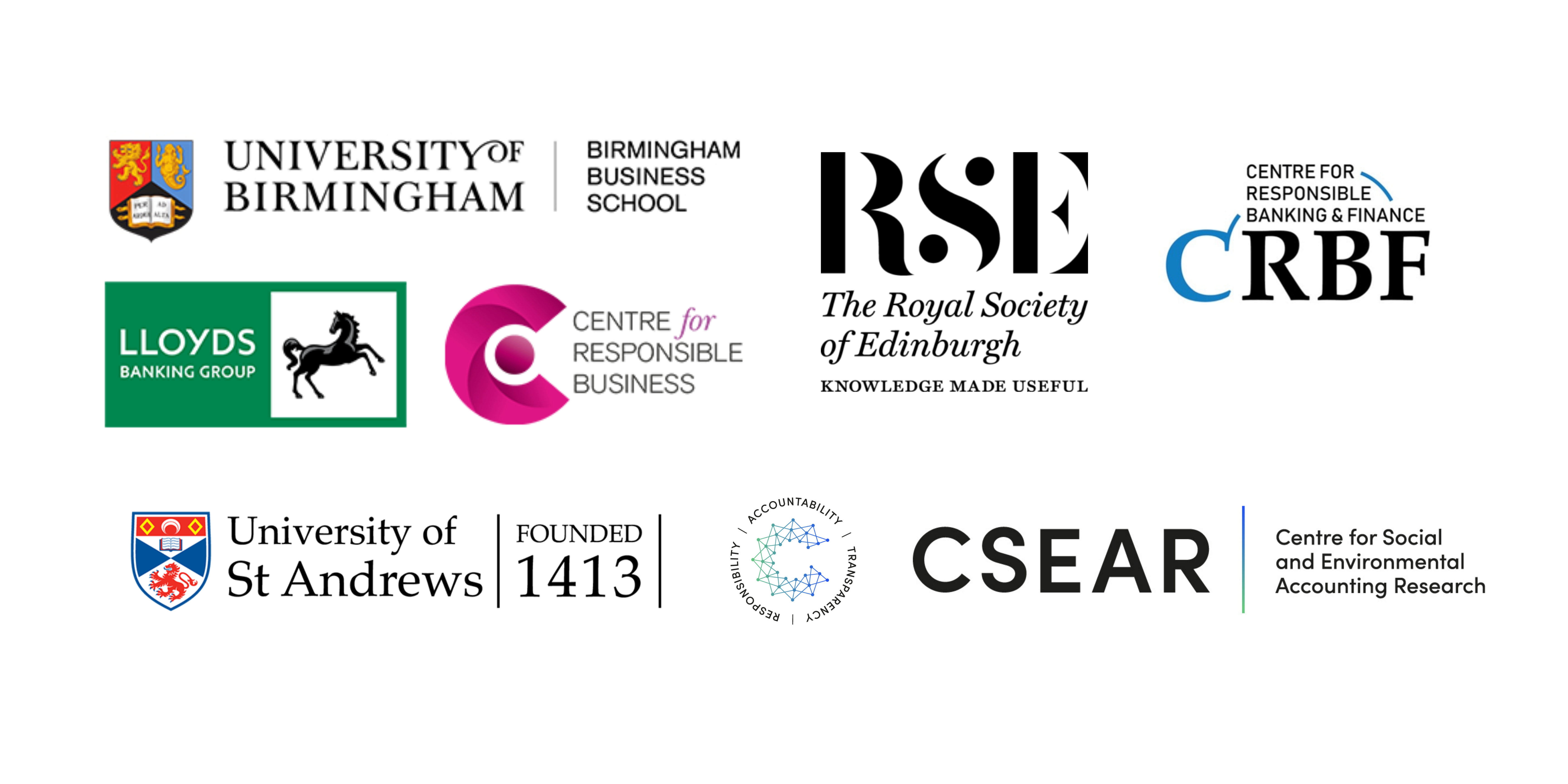

Shona Russell, Ian Thomson, John Ferguson, Kirsty Holstead and Lori-Leigh Davies
A multi-language online survey of CSEAR members conducted in 2021 has provided insights into the carbon and climate-related topics featured in accounting and finance education at 31 higher education institutions around the world. Often these topics are considered in existing specialist – and sometimes optional – modules with limited evidence of integration across programmes. Findings from the survey suggest that professional accreditation or professional practise was neither a driver nor an obstacle to efforts to teach carbon or related-sustainability topics. Nevertheless, accreditation and professional practice were identified as having the potential to drive further change building on the work of these early innovators.
Taking on board the survey findings, CSEAR will be hosting future events in order to share learning and experiences from around the world and to mobilise accounting education scholarship to address the climate emergency.
Background to the project
The climate crisis is a major threat to life on Planet Earth. Amidst this crisis, decision makers must know how today’s decisions are connected to past, present and future greenhouse gas (GHG) emissions.
All disciplines and professions must recognise and enhance their carbon literacy if they are to contribute to the reduction of atmospheric concentrations of GHG to manageable levels. Ignorance of GHG consequences, or naively trusting others to provide that evidence, has resulted in many decision makers genuinely believing their actions will reduce GHG when, instead, they might actually lead to an increase of global GHG. Not properly accounting for GHG, or getting GHG measurements wrong, means that an array of critical decisions are based on misinformation. Existing research demonstrates how flawed and inaccurate most forms of GHG accounting can be.
Education can play a central role in enabling decision-makers, including accountants, to enhance carbon literacy and develop competencies to address the climate emergency. Mainstreaming climate change education into climate change education into higher education institutions can take many forms.
With support from the Royal Society of Edinburgh (RSE), the Building Carbon Literacy project aimed to:
Survey highlights
The survey is a first step to understanding patterns of carbon and climate-related education. Highlights include
Looking to the future
Amidst calls for deeper integration of climate change education into universities, opportunities arise to learn from each other and share experiences. CSEAR will organise events to enable educators to mainstream climate change and sustainability in accounting and finance education. To learn more, join CSEAR to receive our monthly newsletter for information about forthcoming events.
How to get involved
If you would like to share experiences or learn more about this project, please get in touch via csear@st-andrews.ac.uk. We look forward to hearing from you.
You can find a copy of the report here.
